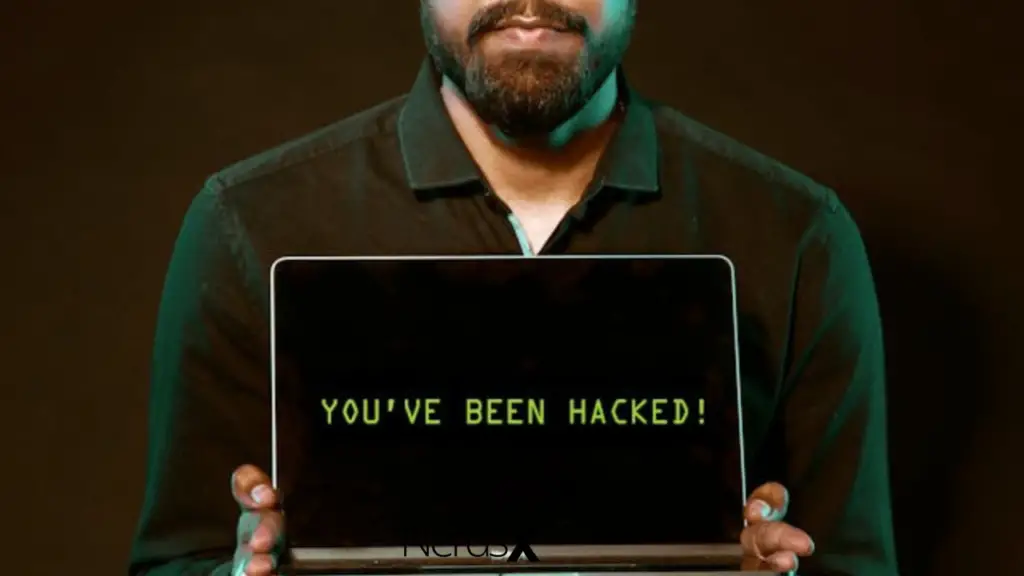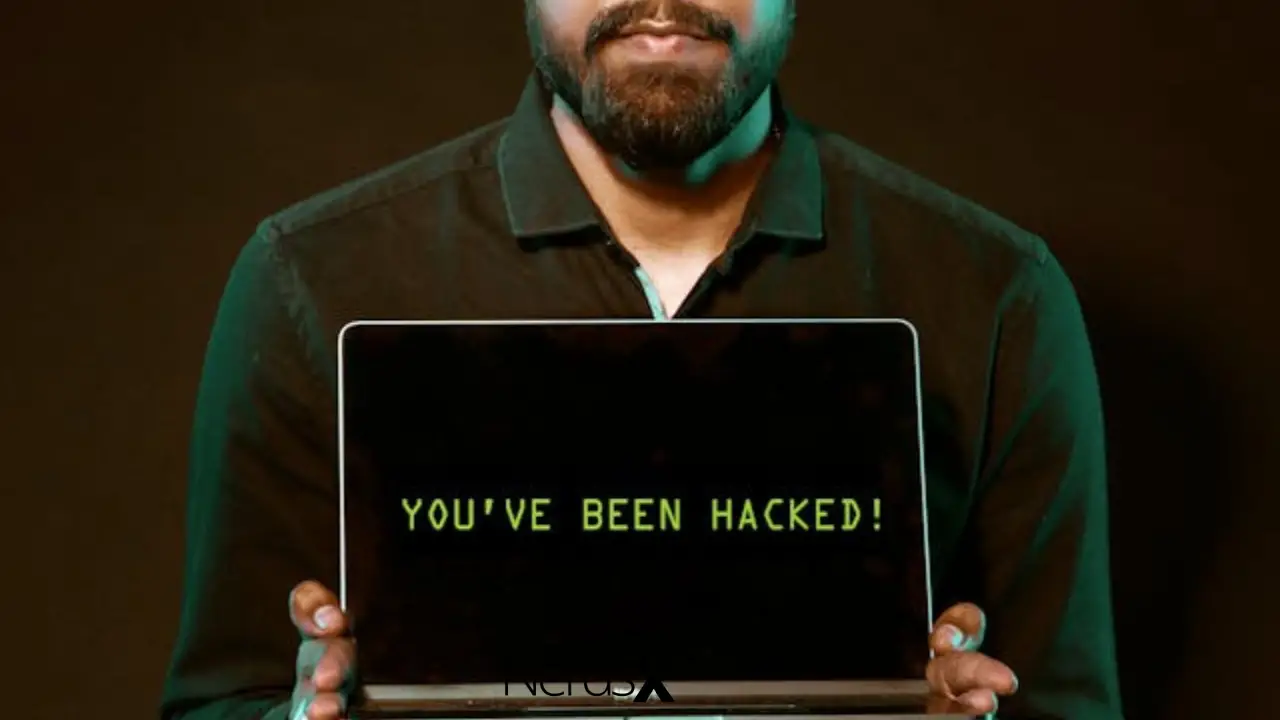If someone hacked your computer and controlled it, how can you get it back? Without a doubt, hacking and cybercrime have risen for some years now. According to recent research, attackers hack internet users every 32 seconds.
Although most cybercriminals target companies and organizations, some will hack private individuals and steal their personal information from their computers. Hackers will continue to develop novel ways to infiltrate your computer; therefore, you should be vigilant and aware of the security status of your device.
Hacking is an unfortunate reality that can happen to anyone and if it happens to you, here’s is how you can get your computer back and stop them in their tracks.
What To Do If You Are Hacked
If you have already been hacked and someone controls your computer, you can still get it back. Below are some essential steps you can take.
1. Change Your Passwords
Hackers enjoy stealing email addresses and passwords since they know that many people are predictable and use the same passwords for multiple accounts. They only need to get your password and use a simple password such as 1234 or QWERTY to crack into your accounts. It is critical to change your passwords to make it hard for the hacker who is already controlling your computer to log in to your private accounts.
2. Double-check Your Hacked Account
If you have already realized that hackers are already in your system, you need to take a close look at your activity with the account you think you were hacked from. If you use a similar password for your accounts and username, you will notice that the hackers may have already accessed your other accounts. The next step is to recover or repair your accounts in different areas.
3. Restore Your Account To Normal Status
Some companies, including Facebook and Twitter, have a process of helping users get back their accounts to normal in case of a hack or compromise. If they notice a problem, they will send you an email and advise you on what to do.
Ensure there is a documented attack and verify whether the person sending you the email is legitimate before recovering.

4. Notify Friends And Family Of Your Situation
After being hacked, you should notify your friends and family to alert them about the hack because the hacker may send them strange messages pretending to be you. This will help them avoid engaging the hackers in case of a suspicious email or text from you.
5. Check Your Finances And Credit Accounts
Hacking is quite common. A hacker will steal your information and access your credit and debit card accounts to buy items fraudulently, and they may get away with this easily. Your bank should have systems in place for tracking suspicious activity.
The least you can do is open your at-risk accounts to check your account activity. Only you can know whether you were the one who made a purchase or authorized one. You can also notify your bank about the situation and get them to help.
6. Use An Antivirus To Scan Viruses And Malware
If you suspect that the hackers have access to your email account, you should find out whether they used malware to get into your computer. If so, run a computer security scan with a trusted antivirus program or malware detector. The antivirus will help you find and delete all programs by the hacker in the hard drive and those that may cause more harm.
7. Reinstalling Your Operating System
A serious hack on your system may prompt you to reinstall your operating system. You can wipe the hard drive and retrieve your backup files when you reinstall. This step requires the help of an IT professional or someone you can trust.
You may find the process challenging if you are not technically savvy since you may transfer damaged files from the infected PC and hard drive to the new one.
Once you complete these steps, you may gain control of your device, but you should be cautious to avoid such issues in the future.
How Do You Know If Your Computer Has Been Hacked?
Detecting a hacker on a computer is hard because they may hide or disguise their actions. However, keep an eye for the following:
1. New Programs Installed
Sometimes you may notice new programs and files on your computer. If you don’t share your computer with others and use it alone and install new programs, your computer may have been hacked. Nonetheless, there are many other reasons why your computer may have a new program. Below are some reasons
1. There have been updates on the operating system or other programs, and there are new files and programs on the updates.
2. When installing a new program, you may have installed other programs along with it. For instance, a plugin and some free programs may have a check box to verify the installation of a new toolbar and antivirus file. Failure to uncheck the boxes installs these new programs.
.3. If someone else has used your machine, verify if they have installed any program.
Some of the programs that may indicate a hacker was on your computer include:
2. Trojans
Trojans are top-rated programs that hackers install on a computer after hacking it. The programs allow them to access almost all the information you have stored on your computer.
3. IRC
Hackers can use IRC clients to control multiple computers remotely. If you haven’t engaged in an IRC chat and have an IRC customer, the computer may already have been hacked.
4. Spyware
Spyware and malware signify that your computer has a virus infection through a download or you have visited an unreliable page while browsing.
2. Changed Computer Passwords
When hackers access your online account, they may change your passwords. You can use the forgot password feature for resetting the password. If they have already changed your email address or the feature is not working, contact the service provider for help. They will help reset your account and give you control of your device.
If you notice a change in the password for logging into the computer, it may already have been hacked. Passwords don’t change on their own.
3. Sent Spam Emails
When hackers take over your email account, they can spread spam and viruses to others. If your friends and family complain of advertising emails from you, a hacker may be behind that activity. Therefore, you should change your account passwords.
4. Too Much Network Activity
A hacker must remotely connect to your computer to take control of it. Therefore, you will notice a slow internet connection if they do so. Moreover, a hacked computer mostly becomes a zombie for attacking other computers/
You can install a bandwidth monitor computer program for determining the apps in the computer using bandwidth. If you use Windows, you can run a netstat command to establish remote established network connections along with open ports.
5. Unknown Sources A Requesting Access
A computer security program and the firewall will restrict access to unknown programs due to security reasons. If your computer grants access to unknown programs, you may have installed some viruses and rogue programs without your knowledge, which will give hackers access to your computer. You should block access to programs that you don’t know.
6. Uninstalled Security Program
If the antivirus software, anti-malware software, or firewall for your computer have been uninstalled or disabled, it may indicate that your device has been hacked. Hackers disable these programs to hide warnings that may appear while operating your device remotely.
- Computer Running Itself
When hackers deeply exploit your computer, they can execute programs you usually run. Hackers will control your current login session and your com puter like they were sitting on your desk with your mouse and keyboard.
When you notice your cursor moving or typing words without your knowledge, hackers may already be controlling the system and exploiting it at the root level.
How To Avoid Being A Target Of Computer Hackers
Many people fall victim to hacks, but you can take some measures to minimize the risk. It would help if you understood how hackers conduct their attacks, for instance, through phishing.
1. Remember to keep your account passwords strong and change them frequently. A strong password must include a combination of letters, numbers, and punctuation marks.
2. Backing up your files is also essential as you can maintain critical and sensitive files beyond the computer or in multiple places, including USB, external drives, and cloud storage.
3. Lastly, you should properly configure your firewall. A firewall helps to prevent the spread of viruses. Therefore, your computer will be safe.
Conclusion
If your computer has been acting strange, hackers may have already been in your system, or a virus may have infected it. Many organizations and individuals suffer attacks, and when a hacker gets access to your information, they may extort or breach sensitive data. However, you can get your computer back by following the outlined steps.

